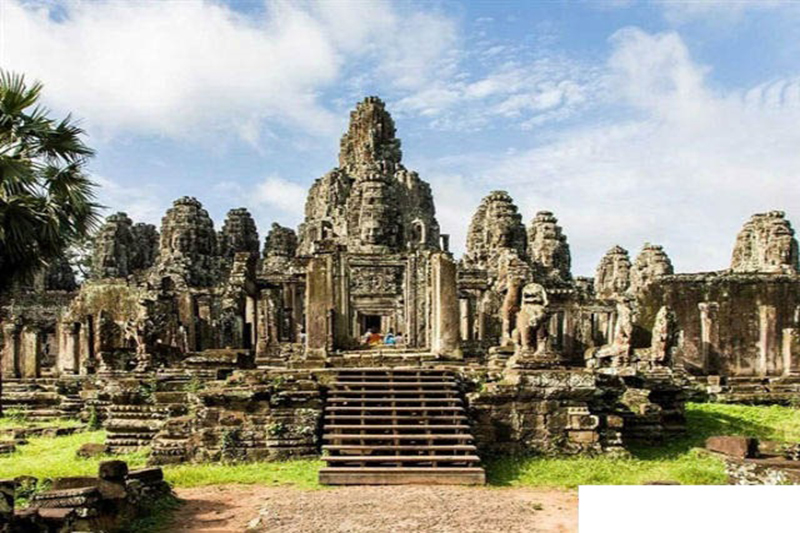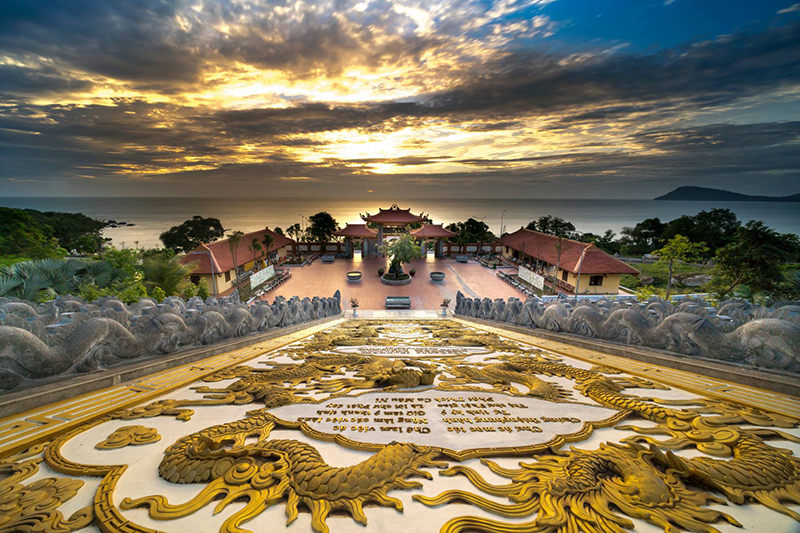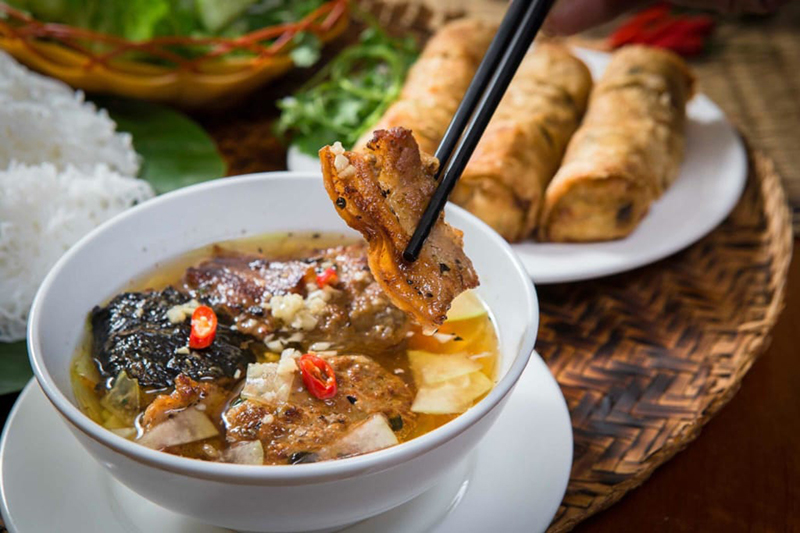-

Booking Tips for Hotels in Vietnam: What Every Traveler Should Know
-
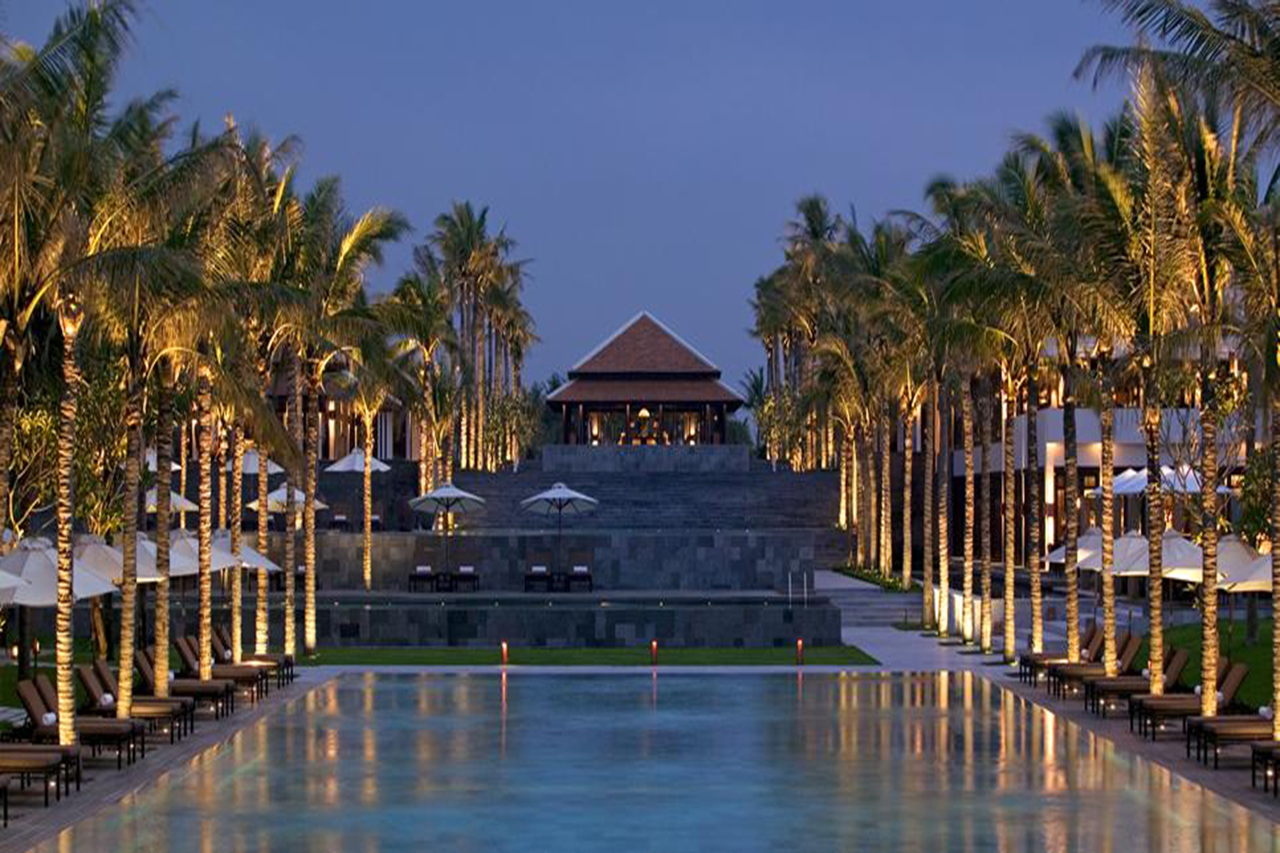
Exploring Local Culture Through Your Hotel Stay in Vietnam
-

Family-Friendly Hotels in Vietnam: Comfort for All Ages
-
.png)
Vietnamese Design Meets Global Comfort: Aesthetic Trends in Hotels
-
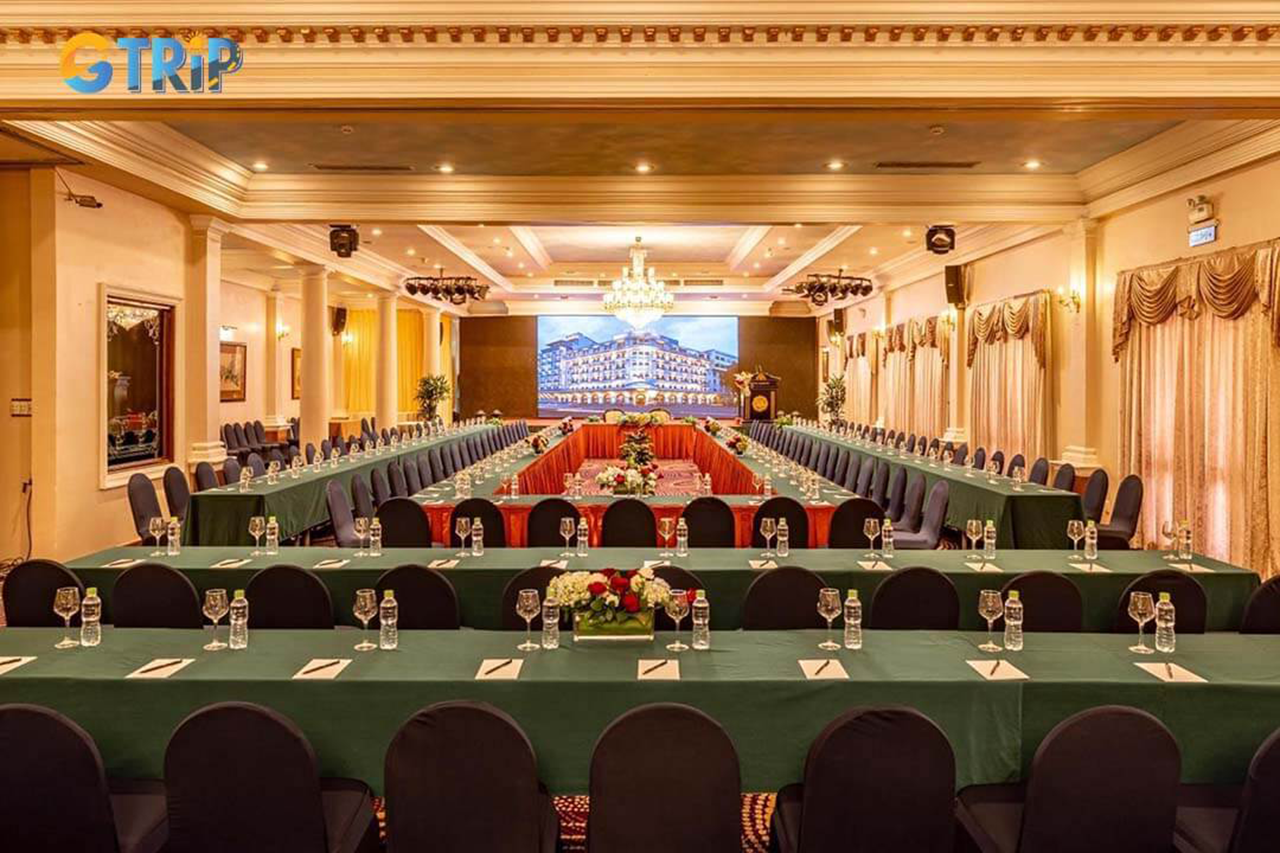
Business Travel in Vietnam: Hotels That Understand the Modern Professional
Why Vietnam Is Becoming a Global Hotel Destination
1. A Rising Star in Global Tourism
Over the past two decades, Vietnam has transformed from a relatively undiscovered destination into one of the fastest-growing tourism hotspots in Asia. With its rich cultural tapestry, breathtaking natural beauty, and dynamic cities, Vietnam attracts millions of travelers annually. This influx has catalyzed a hotel boom across the country, from Hanoi to Ho Chi Minh City, and from Ha Long Bay to Phu Quoc.
According to the Vietnam National Administration of Tourism, the country welcomed over 18 million international visitors in 2019 before the pandemic. Post-COVID recovery has been swift, with renewed interest in long-haul travel to authentic, safe, and naturally rich destinations—placing Vietnam high on the global radar.
2. Diversity of Accommodation Options
One of the main reasons Vietnam is becoming a global hotel destination is the incredible range of accommodations. Whether you're a backpacker looking for a cozy hostel in Da Lat, a business traveler seeking a 5-star suite in Hanoi, or a family desiring a beachfront resort in Da Nang, Vietnam offers something for every traveler and every budget.
-
Luxury Resorts: International chains like InterContinental, Marriott, and Four Seasons have established stunning beachfront and urban properties.
-
Boutique Hotels: Independently run, these properties blend Vietnamese charm with contemporary design.
-
Eco-Lodges & Homestays: Found in rural areas like Pu Luong or Ha Giang, offering immersive experiences with nature and local culture.
-
Budget Hotels & Hostels: Ubiquitous in major cities and perfect for cost-conscious explorers.
3. Strategic Investment and Infrastructure
The Vietnamese government has heavily invested in tourism infrastructure, encouraging both domestic and foreign investment in the hotel sector. Modern airports, expanded highways, upgraded seaports, and efficient rail connections now link Vietnam’s top travel hubs. This connectivity ensures that hotels in remote areas are more accessible, and new tourist destinations can be developed sustainably.
Major cities like Ho Chi Minh City and Hanoi are home to convention centers and MICE-ready hotels, while new luxury developments are springing up in emerging areas such as Quy Nhon and Phan Thiet.
4. Exceptional Value for Money
Compared to other Asian destinations like Japan, South Korea, or even Thailand, Vietnam continues to offer excellent value for money. This is particularly true in the hotel sector, where guests can often enjoy 4 or 5-star amenities at 3-star prices. Competitive pricing, coupled with warm service and generous hospitality, makes Vietnam an irresistible proposition for international tourists.
A traveler can book a luxurious beachfront villa in Phu Quoc for a fraction of the price of a similar experience in Bali or Phuket, yet still enjoy stunning views, gourmet dining, and personalized service.
5. Distinctive Cultural Experience
Vietnamese hotels are not just places to sleep; they are gateways into the country’s rich heritage. Many hotels incorporate traditional design elements, regional culinary offerings, and cultural experiences into their services. Guests can participate in:
-
Traditional Vietnamese cooking classes
-
Guided tours to temples and local markets
-
Wellness treatments using indigenous herbs
-
Water puppet shows, folk music nights, and Tet celebrations
This cultural integration enriches the hotel experience and offers travelers a more meaningful stay.
6. Sustainable and Green Growth
Vietnam’s hotel sector is increasingly embracing sustainability. Properties across the country are implementing eco-friendly practices such as:
-
Eliminating single-use plastics
-
Using solar power and energy-saving devices
-
Offering locally sourced and organic meals
-
Collaborating with community-based tourism projects
Eco-resorts in destinations like Mai Chau and Con Dao are paving the way for responsible tourism, appealing to the growing number of environmentally conscious travelers.
7. Digital Transformation and Smart Tourism
Technology is playing a crucial role in elevating Vietnam’s hotel industry to international standards. Many hotels now offer smart check-in systems, mobile concierge apps, and AI-powered guest experiences. Integration with global booking platforms and strong digital marketing presence have enabled Vietnamese hotels to attract and serve international guests seamlessly.
Smart tourism initiatives are also being deployed in major cities, including virtual tours, QR-coded tourist information, and augmented reality heritage experiences.
8. Strong International Collaborations
The Vietnamese hospitality industry has seen a surge in partnerships with international brands, tourism boards, and training institutions. These collaborations ensure high standards of service, better staff training, and alignment with global expectations in hygiene, safety, and hospitality.
Moreover, local hotel groups such as Vinpearl, FLC, and Sun Group are continuously expanding their reach and quality to compete on the world stage.
9. Growing Reputation Through Word of Mouth
Travelers who visit Vietnam often leave with glowing reviews—not only about the country’s natural beauty and food, but also about their hotel experiences. The warmth of the staff, the aesthetics of Vietnamese design, and the balance between affordability and luxury are frequently praised on platforms like TripAdvisor, Booking.com, and Google Reviews.
This positive word-of-mouth marketing continues to attract new guests from around the world, helping Vietnam climb the global tourism rankings.
10. The Future: A Hotel Destination on the Rise
With sustainable growth, rising global visibility, and unwavering commitment to service excellence, Vietnam is poised to become a top-tier global hotel destination. As the world seeks more meaningful and mindful ways to travel, Vietnam stands ready to welcome visitors with its blend of beauty, culture, and heartfelt hospitality.
Whether you’re planning a romantic getaway, a corporate retreat, or a cultural deep dive, Vietnam’s hotels promise an experience that’s more than just a stay — it’s a journey into the heart of a vibrant, timeless country.
Related articles

